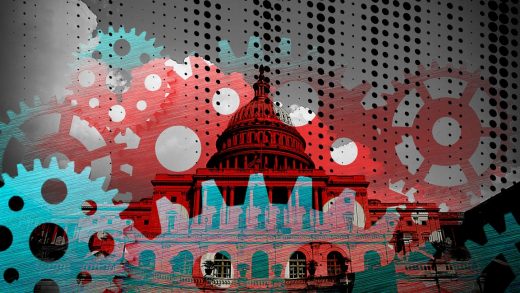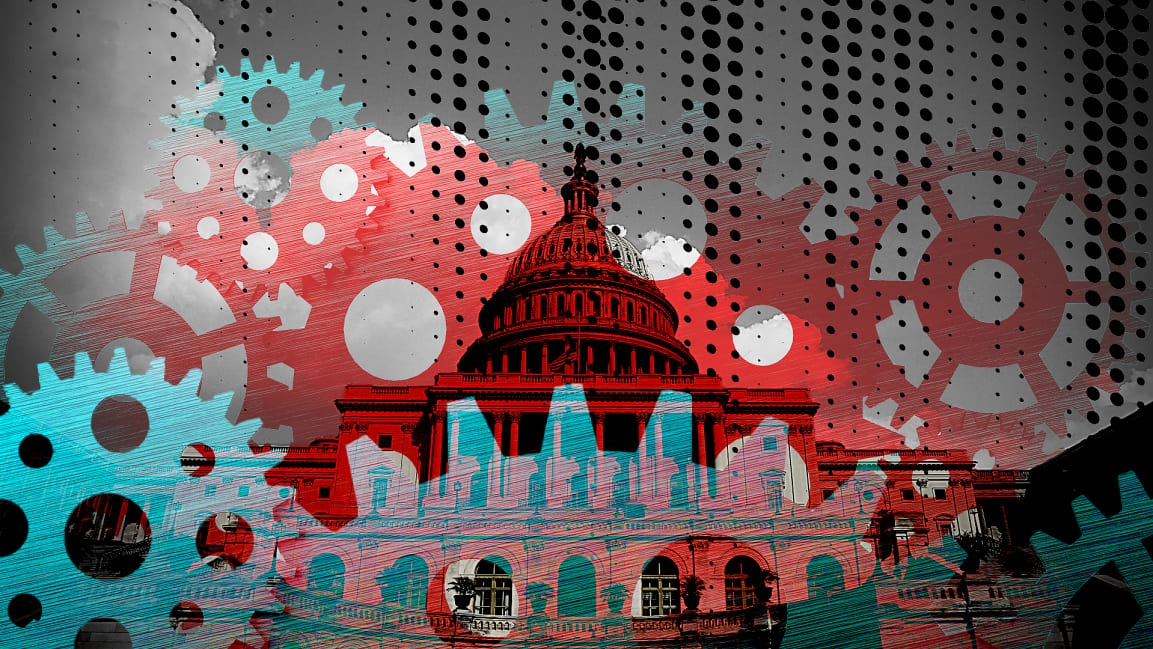How public-interest technologists can build government that works for everyone
These long-standing shortcomings, punctuated by the pandemic, reemphasize how important technology is for governments to fulfill their responsibilities. The Biden administration has an opportunity to build a 21st-century government, one that delivers the power of technology to benefit society at the speed of need, while offsetting the harms normally associated with Big Tech. To do so, the administration must prioritize hiring and deploying public-interest technologists who bring both expertise and ethics to the job.
With skills honed in the private sector, most technologists are trained to build systems that optimize for profits without much regard for how they may exacerbate inequalities. And when these systems are procured by government agencies that lack the capacity to critically assess and implement them, technocratic infrastructure prioritizes efficiency over equity.
But an emerging field—public-interest technology—aims to mitigate these dynamics. This field sits at the intersection of tech and social science, including engineers and computer scientists who grasp core ethical, legal, policy, and societal dimensions of technological change. These technologists bring their own lived experience, and the perspectives of those negatively impacted by technology, to the tasks of repairing and building better systems. Public-interest technologists design thoughtful policy and make government services more efficient in a just and equitable way, and they think proactively about how to build technology that protects and promotes our rights.
U.S. Digital Response is an example of the potential of public-interest technology. This network of 6,000 pro bono coders, data scientists, and researchers helped local and state governments respond to COVID-19, including improving an online data dashboard for Pennsylvania’s Health Department to track hospital beds and ventilators and helping Kansas residents file for unemployment benefits by collaborating with Department of Labor staff to restore service to their website. But while USDR’s work is critical, pro bono efforts cannot supplant the government, nor can they meet the enormous need of this moment.
We’ve long seen such public-interest values championed by tech-savvy civil rights groups. Now, additional reinforcements are on the way through innovative efforts in academia. A network of 36 higher education institutions called the Public Interest Technology University Network is training engineers and computer scientists to bring a social impact lens to their work.
Through this pipeline, we are also seeing more social-justice-minded technologists moving to the tech industry and advocating for a shift toward equity and justice from within, assuaging concerns about the “revolving door.” In hiring public-interest technologists, industry signals its readiness to move more slowly and try not to break things.
As private-sector companies increasingly recognize their responsibility, it’s critical for them to connect to the emerging pipeline of public-interest technologists working across sectors for structural change. Rather than agents of corporate capture, their efforts to create change within industry should be amplified. And when such talent then moves into public service, their multisector knowledge and understanding can make policy and regulation more just and effective.
In Mark Zuckerberg’s infamous 2018 Congressional hearing on the harvesting of Facebook user data, policymakers were perplexed by the company’s business model, how ads were used, and how algorithms targeted users by race. Officials were ill-equipped to develop legislation with the teeth to hold the tech industry accountable, enforce transparency, and protect marginalized communities. TechCongress, which places socially minded technologists as policy advisers to members of Congress, has already contributed expertise that will help policymakers craft meaningful legislation.
This issue reaches beyond wrangling tech titans: Tech touches all parts of our lives, and therefore all points of policymaking. Public-interest technologists with experience in civil society, industry, and government represent our best chance to bring balance to the technology ecosystem and enshrine democratic norms in industry behavior.
Industry experience is, of course, not required. There may be no better example of bringing public-interest technology experience to public service than Latanya Sweeney, a pioneer of the algorithmic fairness field, who founded the Data Privacy Lab at Carnegie Mellon, moved that work to Harvard, and then was chief technology officer at the Federal Trade Commission.
And the Biden administration has appointed public-interest technologist Alondra Nelson, a racial justice advocate and former president of the Social Science Research Council, to the new position of deputy director of the White House Office of Science and Technology Policy. Appointments such as Nelson’s must become the rule, not the exception, to ensure technology policy is well developed, successfully implemented, and effectively enforced.
Sweeney once noted, “Technology design is the new policymaker.” With tech threading through modern life, and the government lagging critically behind in understanding and regulating tech, public-interest technology offers a way forward—toward a future where innovation doesn’t come at the cost of justice but instead furthers it. By collaborating meaningfully, academia, civil society, industry, and government can develop and deploy the technologists we need to build back better for everyone.
Michelle Shevin is a researcher, public-interest technologist, and senior program manager of the Public Interest Technology Catalyst Fund at the Ford Foundation. She also adjuncts at NYU’s Interactive Telecommunications Program, where she teaches critical theory and futures thinking methodologies.
(35)



